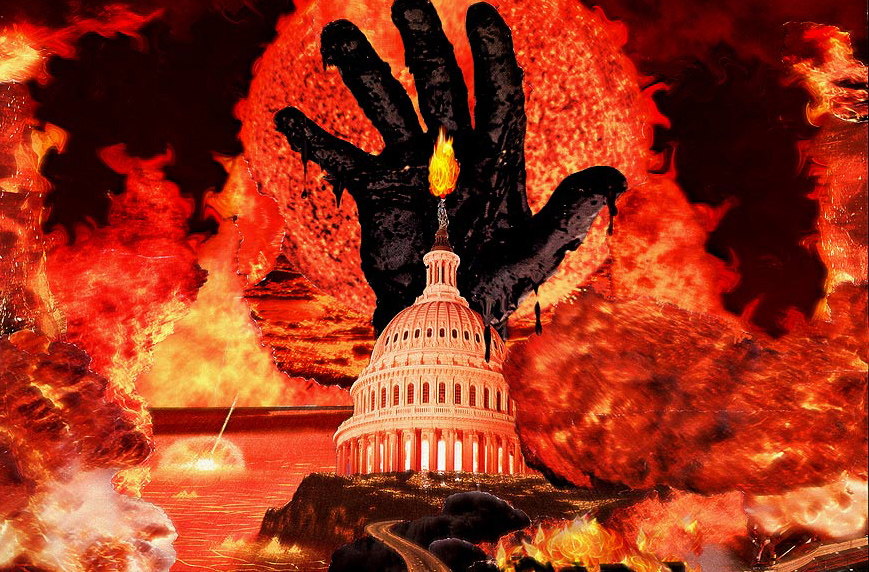Some thoughts on being an anarchist at the beginning of the 21st century
A serialized book-in-progress by Wolfi Landstreicher
Introduction
“…we are alone, with an entire world ranged against us.”
-Andrea Dorea
I have been an anarchist for well over thirty years now. For me this has never been an identity to which to cling, a label to give me a sense of belonging. It has rather been an ongoing challenge to face my life in a particular way, constantly raising the
question of what it means to reject every form of domination and exploitation in my life on a practical level. This is not a simple question with easy answers, but a problem that I have to wrestle with constantly, because I am facing a world here and
now in which domination and exploitation define social relationships, in which most individuals are dispossessed of every possibility of determining their own existence, alienated from the creative energy through which such a project could be
realized. As an anarchist, I have made a decision to reject and fight against this world. This makes me a deserter, an outsider, indeed, a stranger in an alien world. Obviously, this is not an easy choice. Several years ago I wrote: “I am not a peaceful man, a man content and willing to accept the will of the gods No, I am a man at war – with the world and with society, indeed, but also with myself and those I love the most.” And I think that this is inevitably true for any anarchist who is sincere in her desire to live her refusal of the impositions of the ruling order. To overcome the isolation of this refusal it is necessary to seek accomplices with whom to steal back the creative energy with which we can build our lives together on our own terms and with whom to use that energy to destroy the alien world that the ruling order imposes on us. I wrestle constantly with the question of how to go about living in this way and carrying on this project with joy. The thoughts that follow stem from this questioning.[pullquote] As an anarchist, I have made a decision to reject and fight against this world. This makes me a deserter, an outsider, indeed, a stranger in an alien world…. To overcome the isolation of this refusal it is necessary to seek accomplices with whom to steal back the creative energy with which we can build our lives together on our own terms and with whom to use that energy to destroy the alien world that the ruling order imposes on us.[/pullquote]
If I refer mainly to anarchists in speaking of the projects I pursue, it is because I am an anarchist and choose to carry out my projects in a certain way because of this. At the same time, I am quite aware that complicity cannot be limited to anarchists. There are those who hate the habitual, unthinking daily activities, relationships and roles that make up this society and that by their nearly universal unconscious acceptance are imposed on all of us, but who do not express this through revolutionary or anarchist ideas. Nonetheless, they act against this society in their lives, and they are also potential accomplices. In fact, only by being open to such relationships can we anarchists break out of the ghettos in which we so easily lose ourselves. So I am addressing these thoughts mainly to anarchists, but also to anyone who despises the enslaving impositions of this society.
